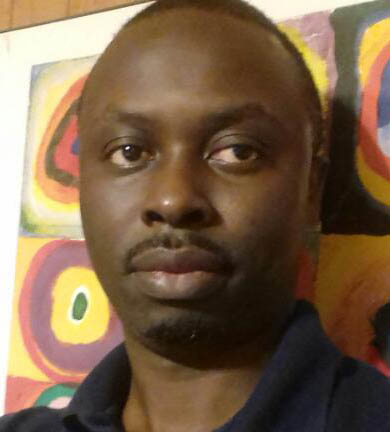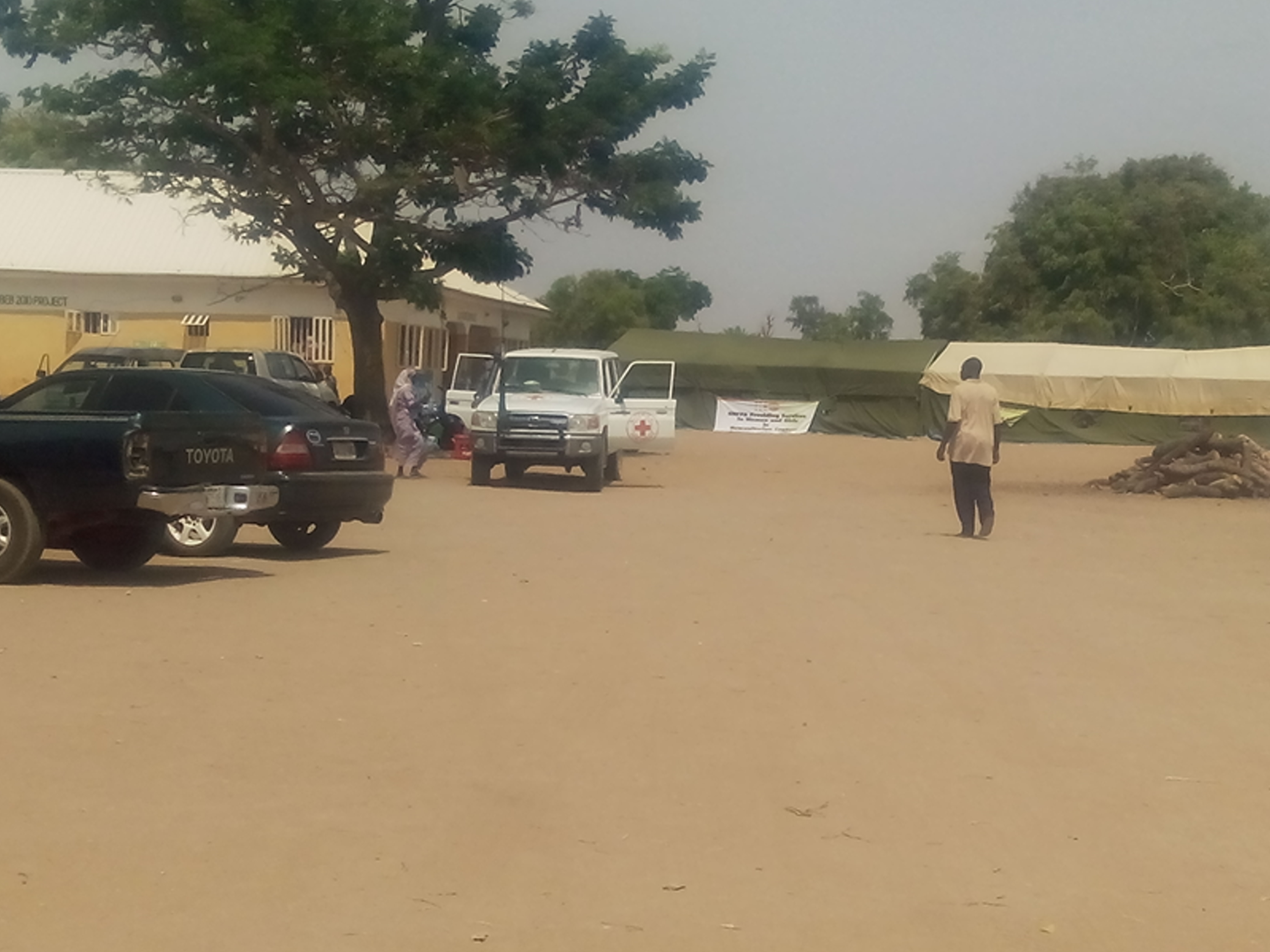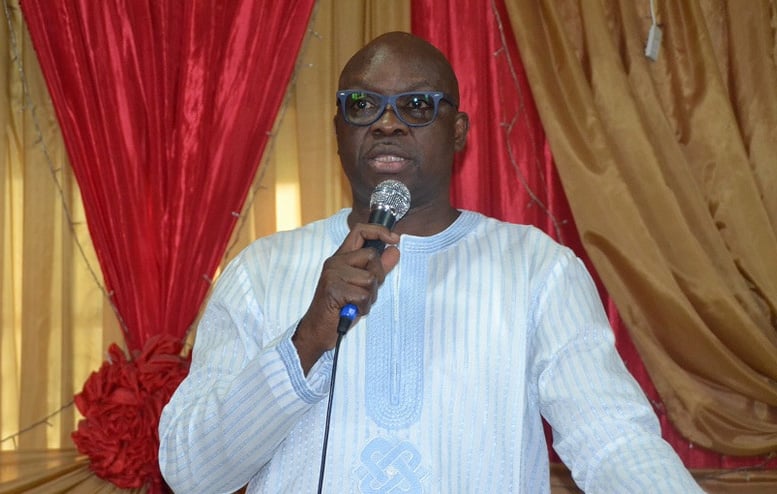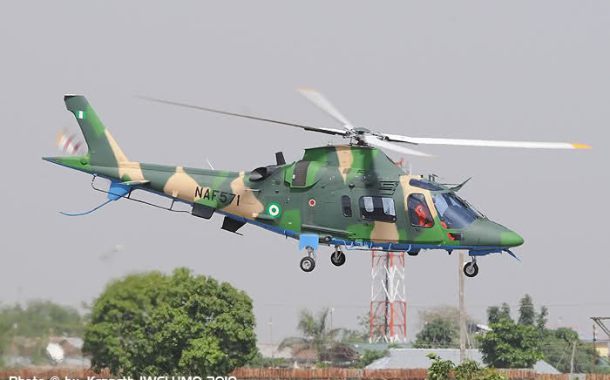When I heard of President Muhammadu Buhari’s confessional statement about the Chibok Girls—based on the most recent interview he granted the BBC Hausa service—I pumped. I did, not because it’s a piece of new information about the situation of the girls, but because there have been denials.
Did Buhari know something when he said he was not giving a guarantee that the Chibok girls would be found in a statement he made in April during the first year remembrance of the stolen girls? The truth is we never had a clear rescue plan as a nation for the kidnapped Chibok girls under the Goodluck Jonathan administration.
We didn’t separate fighting Boko Haram insurgency and rescuing the girls from the beginning. At best, we were hoping for some “divine intervention.”
To wit, the pressure group, the Bring Back our Girls, (BBOG) that was everywhere championing the cause of the girls before Buhari’s emergence has suddenly gone cold. Their works are no longer manifest. While the pages of newspapers are opened for them, the statements are no longer forthcoming.
Advertisement
What astonishes me is the paucity of global outrage about the whereabouts of the kidnapped schoolgirls since Buhari arrived on the scene. The global outrage has since disappeared. Even the local campaigners have changed the theme from “Bring Back Our Girls — Now and Alive” to “Never to be Forgotten.”
Exactly one month after the girls were kidnapped on April 14, 2014, I wrote on this page what I have now reproduced here in an abridged form under the Title: For Chibok Girls, I travelled to Uganda. I believe it helps us to look back in time.
—–
Advertisement
I travelled down to Uganda for an inquest into the lives of the Aboke girls. Aboke girls just like our own Chibok girls were kidnapped from their dormitory at St Mary’s College Secondary School, Aboke, Uganda on October 9, 1996. And while the deputy head teacher of the school, a nun called Sister Rachele and a teacher, John Bosco Ocen, followed the rebels into the bush and negotiated the release of 109 out of the 139 abducted girls, about 30 others were not allowed to follow them.
It was some of these 30 girls not released, but who later escaped from the hands of the militants that I had a chance meeting with. I wanted to know what happened to them so that Nigerian government can act speedily in getting the Chibok girls out before it is too late.
Of course, that dastard act was carried out by Uganda’s militant group, the Lord’s Resistance Army (LRA), whose leader, Joseph Kony continued to escape arrest after many years.
Clearly, the abduction of the 139 schoolgirls in Uganda eighteen years ago truly left mental scars on students, teachers, parents and the entire nation. And now we face similar situation in Nigeria, where Boko Haram militants are holding on to ‘our girls’ now over 30 days.
On this journey, I met the last of the Aboke girls, Catherine Ajok who escaped after a cruel life of 13 years in the jungle. She returned to real life in Uganda in 2009, carrying a child fathered by Joseph Kony.
Advertisement
Her testimony of what happened living with Kony is something that should scare us. Nay, it should embolden our resolve as a nation to commit to this rescue effort with all our hearts going into it as we take aside the international and local politics we have seen over the rescue plan for these Chibok girls in recent times.
Ajok recounted her ordeal this way: “The 30 Aboke girls suffered horrors and were assigned as wives to rebel commanders who defiled and abused them. We were divided into different groups, to stop us from staying united and planning an escape. We were beaten, tortured and taught to kill. Through brainwashing and abuse, we were made to believe that the rebel leader, Joseph Kony, was a disciple of God who possessed supernatural powers. Just know it has been God that saw me through the 13 years. But I went through a lot that has put a heavy weight of pain in my heart. For now, I am grateful I was lucky to make it back home alive.”
She talked about how they were moved from Uganda to Democratic Republic of Congo and Sudan during those years. “We had been staying at Camp Swahili in DRC when After Operation Lightning Thunder by UPDF, DR Congo and South Sudan soldiers was launched on December 14. So we were ordered to vacate the area.
“While I was tying my things to leave, a plane started dropping bombs. Joseph Kony had already left with some rebels, because he was aware of the attack. My child cried in the beginning but as the bomb continued, he kept quiet and slept. I was hiding under a tree as the bombs kept dropping.”
Advertisement
I also met Els De Temmerman, the author of Aboke Girls who gave further insight into the horrible experience these girls undergone during the period they were in captivity. Els De Temmerman said: “Alice, who had been given as a wife to [an] LRA commander, escaped from Nisitu camp in Sudan in July 1999. A Sudanese charcoal man hid her in his house in Juba for five months, forcing her into sex in exchange for protection. She ran away on New Year’s eve of 2000.”
“A commander of the Equatorial Defence Forces, another local militia fighting alongside the Sudanese army, took her to Torit, close to the border with Uganda. There, she was kept by another man for two months. When she was seven months pregnant, she was marched back to Uganda in April 2000. On the way, in the mountains, she had a miscarriage and almost bled to death. A fellow captive carried her over the border to Uganda.” Ah! That’s so horrible, I muttered to myself.
Advertisement
Now, I decided to share these stories, so that as a nation we can act fast. By now I expect the federal government to be providing us concrete evidence of its effort. So far the lead story in town is not coming from the government, but from Abubakar Shekau. He had created many headlines for journalists in a matter of few days. First he wanted to sell the girls and now he wants to swap the girls. From the federal government, it has been ‘we are gathering intelligence.’
For how long will intelligence gathering be without rightful application of the information to heal the disease? The more time we allow ‘our girls’ to remain in the valley of the shadow of death, the vulnerable they are to the evil acts of Boko Haram militants. We must rise up for the deliverance of the Chibok girls now, because tomorrow may be too late. My chance meeting with Ajok and Temmerman happened on the pages of newspapers and books.
Advertisement
This article first appeared in THISDAY
Advertisement
1 comments






Surely The Cable can do better than this! The writer(s) here insinuates that, the BBOG movement has gone quiet, and that the government has failed to improve on its predecessor’s efforts in rescuing the girls.
The first allegation completely ignores that the protests have been going on for over a year now, and activists faced ceaseless incidents of harassment and intimidation by the previous government. Added to this was a prolonged period of electioneering, when activism had to be curtailed so as not to fall victim of overzealous security services. It would be interesting to find out if the authors have ever walked a mile for any cause in all of their lives; how then to empathise with those who have done so, for over a year.
Ignorance is not an excuse for journalists because they are expected to know, and to inform the rest of us. Be that as it may, please follow @APCUKingdom, @ObyEzeks or @BukkyShonibare on Twitter. You will notice that the activists are still alive and kicking, and the APC is echoing their demands.
With regards to the girls themselves. One is shocked that the writer(s) imagine that finding the girls, months after they were first abducted, would be a stroll in the park. How many individual kidnap victims are found after so long, much less two hundred young girls! Sensationalism of this sort may be acceptable on a SaharaReporters.com since it is a multi-source portal, but certainly not from the pages of a professional outfit such as The Cable.
The presidency has made clear that efforts are ongoing to find the girls, and for the first time in almost two years, there remains no part of Nigerian territory that is under occupation by Boko Haram. The next step now will be to begin a search, together with our neighbours, for traces of the existence and whereabouts of these children. It is the prayer of the greater number of Nigerians that many, if not most of the girls will be found and returned to their homes.
One hopes that henceforth, The Cable will exercise greater circumspection in its commentary on such a sensitive issue.
May God bless Nigeria; amen.
Viva New Nigeria!